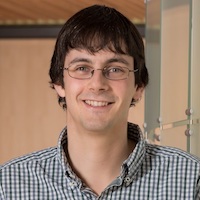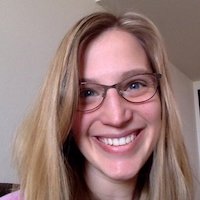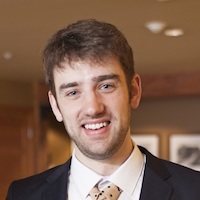We know that you’re working hard to meet deadlines, achieve milestones, and fulfill commitments within and beyond your graduate program. During these last few weeks of the quarter, we encourage you to tap into support resources that match your needs. Your success is not only about your ability to complete your grad program requirements for the quarter, it is also about being able to get support for yourself as a whole person.
Peer support. Consider scheduling a writing group session for a few hours in the upcoming weeks. Peers need not be in your grad program. The goal is to schedule structured time dedicated to completing final projects. Just sitting next to one another can break the isolation of graduate study, and you can hold one another accountable to meeting your writing goals. Depending on the environment that works best for all of you, meet at a café, find a spot in your campus library, or make it a potluck/work group so you can enjoy good food at the same time.
Campus and community support. Let’s be real! Graduate school is stressful — with some weeks feeling more challenging than others. If you’ve been experiencing anxiety or depression for more than a few days, we encourage you to reach out to counseling services on your campus (Bothell, Seattle, Tacoma). Each counseling center can refer you to low cost community-based mental health resources in your city or area. If you need to talk to someone in more immediately, consider calling your county’s free 24-hour crisis line: King County, Pierce County, Snohomish County. If you’re having a hard time taking any of these steps, consider asking a trusted peer, friend or staff to sit with you while you contact support resources. There’s no shame in asking for professional mental health support.
Faculty support. Email your professor, drop in during their office hours or schedule a short online meeting if you have follow up questions about final projects or tasks that are due. Life also happens, and you may need more time to complete your final project. Be proactive and contact your professor as soon as possible to see if you can get an extension. Be clear about why you need an extension and include a realistic timeline for turning in your project. More often than not, professors are accommodating. Just remember to be proactive.
Self-care. There’s always time for self-care, and there’s never a better time to practice self-care than during crunch time near the end of a quarter. Hold off on making any new commitments, and reschedule times for meetings and projects that can be put on pause for the next couple of weeks. Consider marking out time in your daily schedule to get up from your workstation to stretch, drink water or catch up on the phone with friends and loved ones. We all think better when we get enough sleep, so set limits for yourself while you’re working (use a timer if needed), so you can get ready for bed at a reasonable time.
We hope these tips are helpful, and let us know what has worked for you!
Best,
Core Programs—Office of Graduate Student Affairs
UW Graduate School
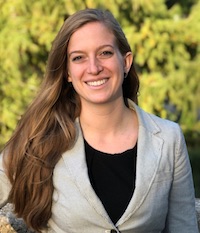 “Listen, and listen more than you talk,” says Lauren Fine, a doctoral student studying political communication at the interpersonal level. It’s good advice, generally, but it’s especially prudent if you’re struggling to discuss politics with family or friends at holiday gatherings.
“Listen, and listen more than you talk,” says Lauren Fine, a doctoral student studying political communication at the interpersonal level. It’s good advice, generally, but it’s especially prudent if you’re struggling to discuss politics with family or friends at holiday gatherings.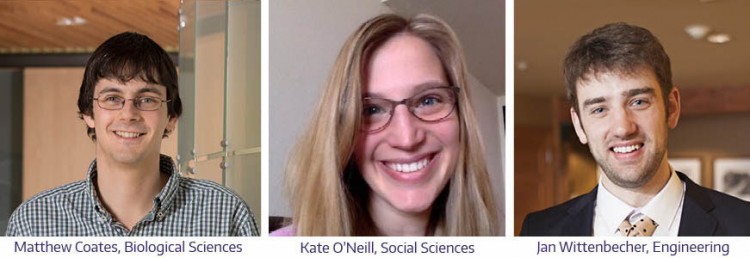 The Graduate School recognizes exceptional scholarship and research at the master’s and doctoral levels. These awards recognize a thesis and a dissertation in four categories: Biological Sciences, Humanities & Fine Arts, Mathematics, Physical Sciences & Engineering, and the Social Sciences. Meet the winners of this year’s
The Graduate School recognizes exceptional scholarship and research at the master’s and doctoral levels. These awards recognize a thesis and a dissertation in four categories: Biological Sciences, Humanities & Fine Arts, Mathematics, Physical Sciences & Engineering, and the Social Sciences. Meet the winners of this year’s 